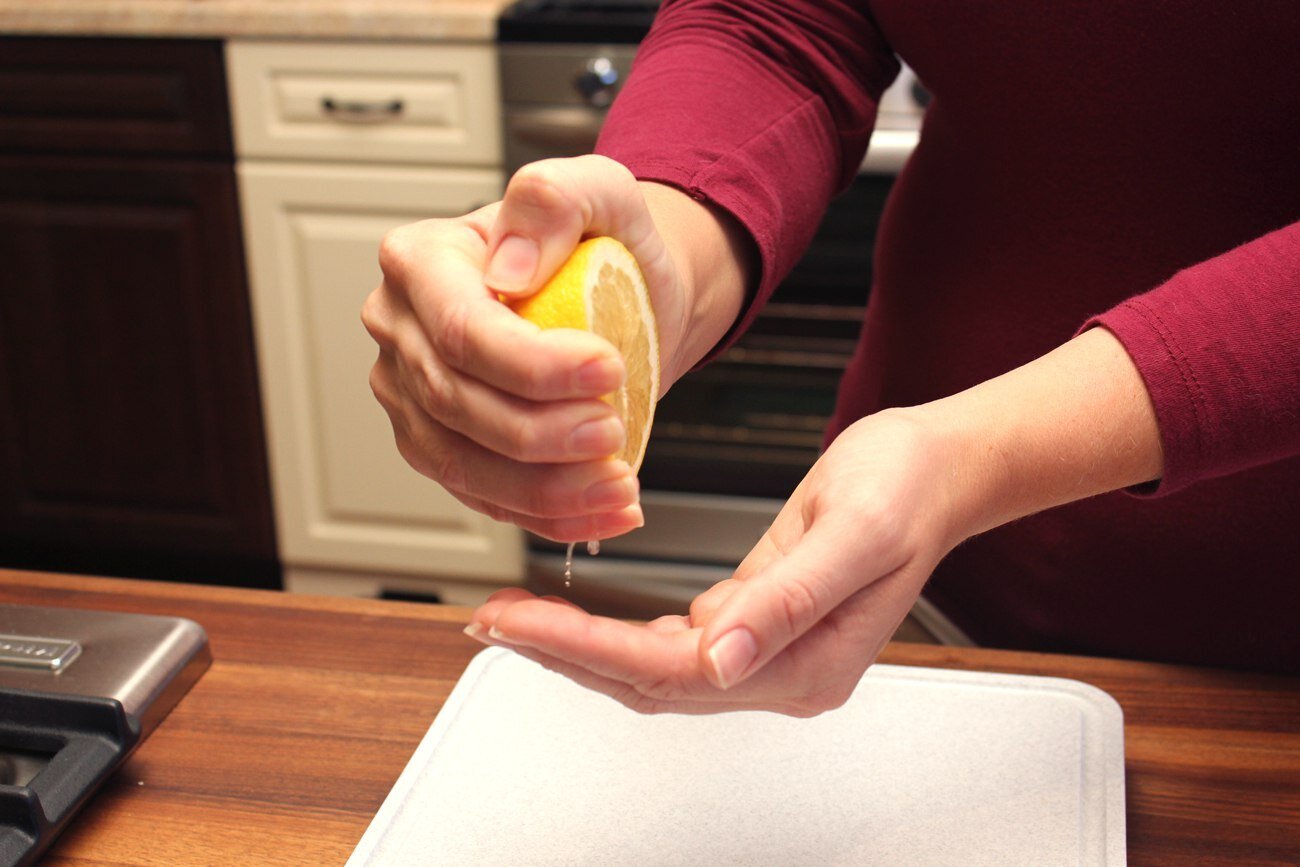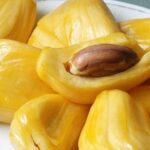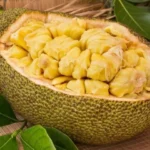Jackfruit’s sticky resin can be a nuisance, deterring people from buying this delicious fruit. The resin is a natural adhesive, high in protein and oil content, which hardens upon contact with water, making it challenging to remove. Prolonged exposure can lead to stubborn adhesion to the skin, causing inconvenience and aesthetic concerns.
How to Remove Jackfruit’s Sticky Residue from Your Hands
After cutting or eating jackfruit, it’s important to clean your hands as soon as possible. One of the simplest and most effective methods is to use cooking oil, as it can dissolve the oil in the resin, making it easier to remove.

The most simple and effective way to remove jackfruit’s sticky residue is by using cooking oil. (Image: Flipkart)
Pour a small amount of cooking oil (vegetable, coconut, or olive oil) onto your hands and rub them together. You’ll notice the resin starting to soften and melt away with the oil. Use a paper towel or tissue to wipe your hands clean, and then wash your hands with soap and warm water to remove any remaining oil and residue.
In addition to cooking oil, the following ingredients can also help remove jackfruit’s sticky residue quickly and effectively.
Flour (Wheat or Rice)
Commonly found in kitchens, wheat or rice flour can absorb the resin and effectively clean your hands. Sprinkle some flour onto your hands and rub them together. The flour will absorb the resin, making it easier to wash your hands. Afterward, rinse your hands with warm water and soap to remove all traces of flour and residue.
Rice Water
This natural and safe method utilizes rice water, which contains starch and other components that can absorb the resin. Soak your hands in a small amount of rice water for 5-10 minutes, then gently rub your hands together to remove the residue, and finally, rinse with clean water.
Lemon or Vinegar

Lemon can effectively remove stubborn jackfruit residue. (Image: Meesho)
Lemon and vinegar are natural ingredients with mild acidic properties that can effectively dissolve the resin. The acid in lemon or vinegar breaks down the protein structure in the resin, making it easier to wash away.
Simply cut a lemon and squeeze the juice out, or use white vinegar, and rub it onto your hands covered in jackfruit residue. Let it sit for 2-3 minutes, then rinse with warm water and soap. Your hands will be clean and free of any sticky residue.
Gasoline or Alcohol
Gasoline and alcohol are strong solvents that can quickly dissolve jackfruit resin. However, caution is advised when using this method, as these substances can dry out the skin or cause irritation for those with sensitive skin.
Pour a small amount of gasoline or alcohol onto a paper towel or cotton pad and gently wipe the affected area. The resin will instantly dissolve. Afterward, wash your hands with soap and water to remove any traces of the solvent and apply moisturizer to prevent dryness.
Toothpaste
Toothpaste is not only great for oral hygiene but also for removing jackfruit residue from your hands. The ingredients in toothpaste, especially the foaming agents, help lift the resin off your skin.
Squeeze a sufficient amount of toothpaste onto your hands and gently rub it in for 1-2 minutes, then rinse with warm water. The resin will be gone, leaving your hands smelling fresh and clean.
Wood Ash
Wood ash is a traditional and highly effective method for removing jackfruit resin. Simply apply a small amount of wood ash to the affected area, and it will help lift the resin off your skin.
According to VTC News
The Secret to Choosing Ripe Jackfruit Without Resorting to Artificially Ripened Produce
“Mangoes are a delicious and nutritious fruit, but the harvesting process can be lengthy. Unscrupulous traders, eager to expedite the harvest and maximize profits, have resorted to soaking the fruit in chemicals to induce ripening. This practice alters the natural flavor of the mango and poses health risks to consumers. We will guide you on how to differentiate between naturally ripened mangoes and those treated with chemicals, ensuring you enjoy the fruit’s authentic taste without compromising your well-being.”





































